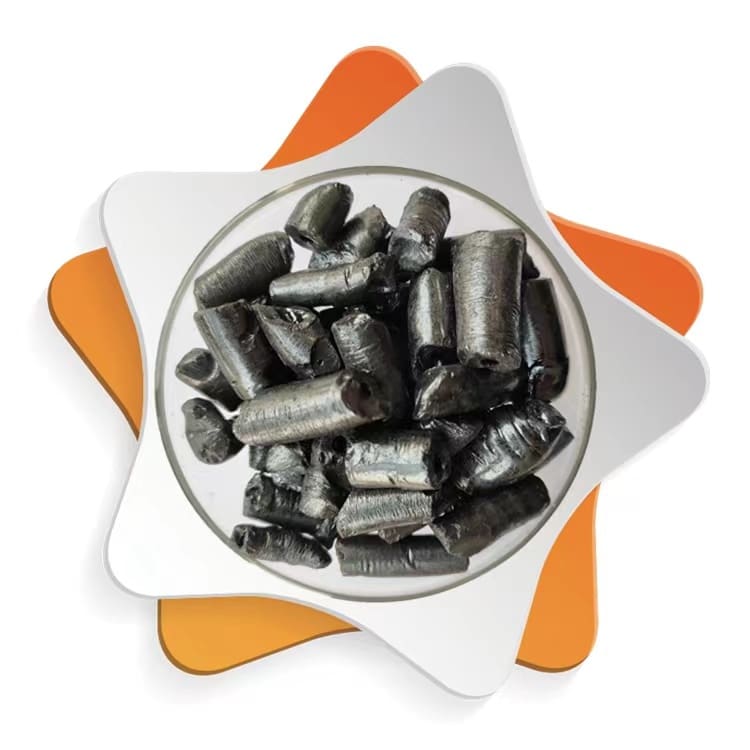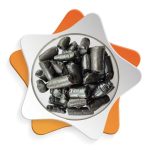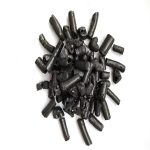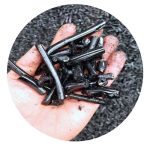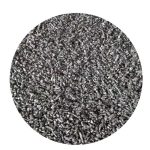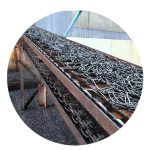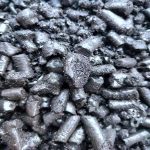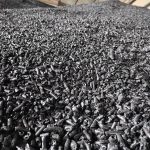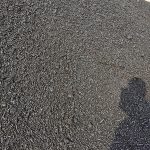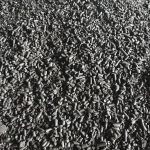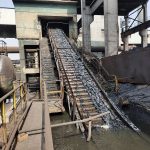High temperature asphalt
Product Introduction
High-temperature coal tar is a complex mixture of dark brown to black, extracted from coal tar through a series of chemical reactions at high temperatures. This material has unique physical and chemical properties, making it exhibit excellent performance in many industrial and environmental applications.
The physical performance indicators of high-temperature coal tar pitch include viscosity, density, flash point, etc. Among them, viscosity is an important indicator for measuring the flowability of high-temperature coal tar pitch, which can be measured by a rotary viscometer. The higher the density of high-temperature coal tar pitch, the greater its mass, and vice versa. Flash point refers to the lowest temperature at which high-temperature coal tar asphalt is ignited.
High-temperature coal tar pitch has good adhesion, toughness, and elasticity, and can withstand high temperature, high pressure, and oxidation. Its excellent adhesion makes it widely used in fields such as anti-corrosion, waterproofing, and construction.
High temperature coal tar pitch has good stability and can maintain long-term performance at high temperatures. It can be applied in fields such as road construction, anti-corrosion and waterproofing, and the construction industry. In road construction, high-temperature coal tar asphalt is used as an additive in road asphalt concrete to improve the wear resistance and water resistance of the road surface. In the field of anti-corrosion and waterproofing, it can be used to produce anti-corrosion coatings and waterproofing membranes, achieving efficient anti-corrosion and waterproofing effects. High temperature coal tar asphalt is used as a binder and sealant in the construction industry, which can improve the insulation and sound insulation performance of buildings.
High temperature coal tar pitch has unique physical and chemical properties, and its performance can be further improved through modification to meet the needs of different application scenarios. The research and application of high-temperature coal tar pitch are constantly making breakthroughs, laying the foundation for the sustainable development of the coal tar pitch industry.
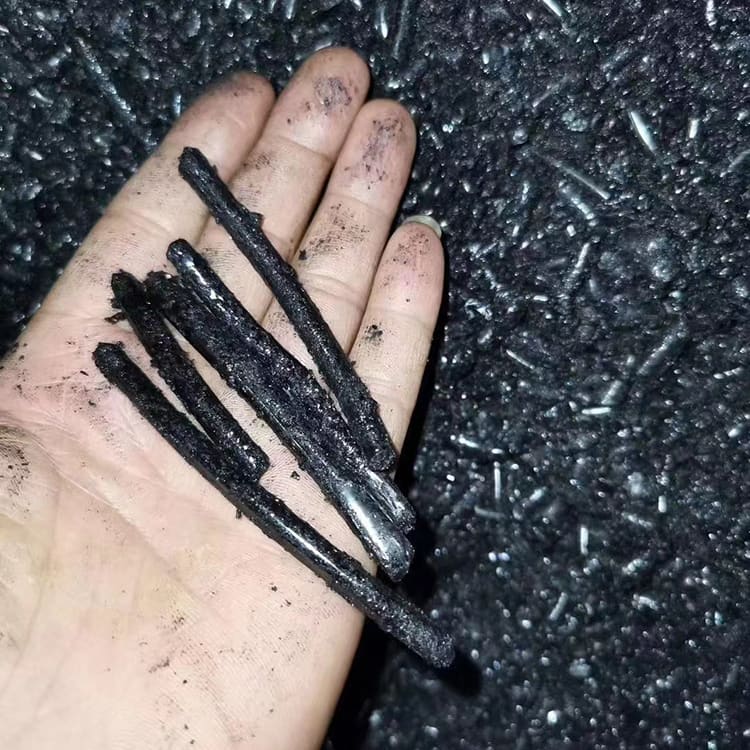
Modified coal tar pitch plays a crucial role in the electrolysis of aluminum in aluminum plants. Specifically, its role is mainly reflected in the following aspects:
- As a binder: Modified coal tar pitch is the main binder used in the production of pre-baked anode blocks for electrolytic aluminum. Pre-baked anode blocks are carbon blocks made from aggregates such as petroleum coke and asphalt coke, and coal tar pitch as binders, used as anodes in aluminum electrolysis cells. Coal tar pitch can firmly bond aggregates together, forming anode materials with certain strength and conductivity, thereby improving the efficiency of electrolytic cells and aluminum production.
- Prevent the formation of aluminum oxide: During the process of electrolytic aluminum, aluminum ions are easily oxidized into aluminum oxide, which not only affects the oxidation of aluminum but also leads to energy waste. Some components in modified coal tar pitch can inhibit the formation of aluminum oxide, thereby improving the quality and yield of aluminum.
Enhanced conductivity: Modified coal tar pitch can effectively enhance the conductivity of the electrolyte, allowing current to flow more smoothly, thereby improving the production efficiency of electrolytic aluminum.
- As a sealing and adsorption material: At the top and bottom of the electrolytic cell, modified coal tar pitch can form a sealing layer to prevent electrolyte leakage and external impurities from entering the electrolytic cell, ensuring the stable operation of the electrolytic cell. At the same time, it can also adsorb and remove harmful gases and impurities in the electrolytic cell, improving the quality of the electrolyte and the purity of aluminum production.
- In summary, modified coal tar pitch plays multiple roles in the process of aluminum electrolysis in aluminum plants, including bonding, preventing the formation of alumina, enhancing conductivity, sealing, and adsorption. It is of great significance for improving the production efficiency of aluminum electrolysis, reducing costs, and ensuring the quality of aluminum.
Production Technology
The thermal polymerization method for asphalt modification often adopts a continuous kettle process, and the reaction kettle can be operated at atmospheric pressure or added out. During atmospheric pressure operation, the hot asphalt flows into the reaction kettle from the second stage evaporator of the coal tar distillation unit and is heated in the kettle to add 360-420 ℃ to prepare the modified asphalt. The modified asphalt flows into the middle tank of the modified asphalt by itself and is then sent to the asphalt elevated tank through a cooler. After natural cooling to 150-180 ℃, it is placed in the asphalt cooling molding machine to produce columnar products. The oil and gas discharged from the top of the reactor form flash oil and uncondensed exhaust gas in the condenser. When using a pressurization operation, the hot asphalt passes through the intermediate tank of the medium-temperature asphalt and is pumped into the reaction kettle. The pressure inside the kettle is maintained at 0.5~1.2MPa, and the rest is the same as the continuous process of the kettle-type atmospheric pressure. Compared with atmospheric pressure thermal polymerization, the advantages of pressurized thermal polymerization are mainly enhanced thermal shrinkage and weakened thermal decomposition, resulting in a significant increase in the content of β resin, a decrease in the content of low molecular components, and a significant increase in the coking value of modified asphalt. When the softening temperature needs to be increased, the vacuum pump can be started to adjust the vacuum degree at the top of the flash distillation tower, further evaporating the oil content in the modified asphalt; When it is necessary to reduce the softening temperature, flash oil can be sprayed into the flash tower. The yield of modified asphalt using medium temperature asphalt as raw material is 90%~96%, and the yield of modified asphalt using coal tar as raw material is 58%~60%.
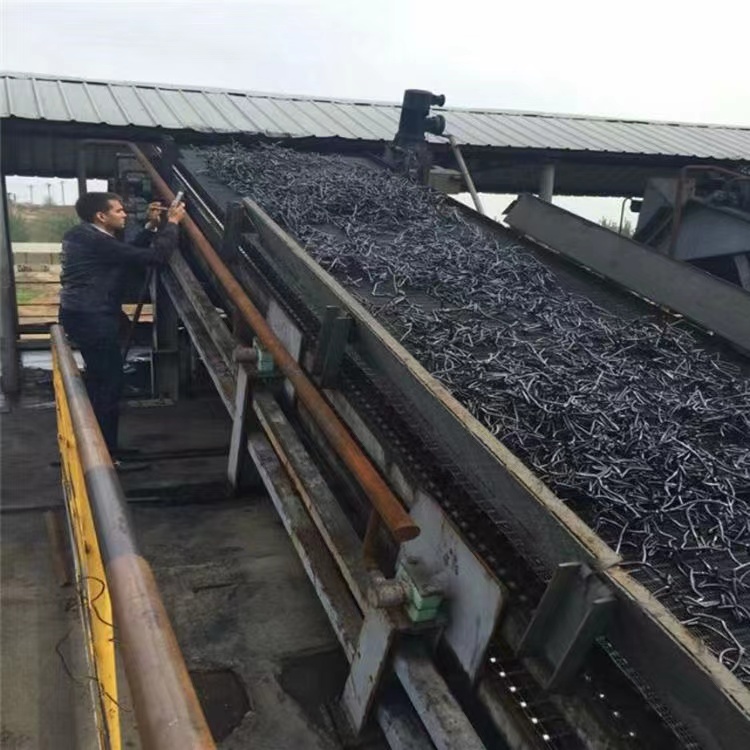
Purpose
Modified asphalt is used in the aluminum electrolysis industry to produce pre-baked anode blocks, manufacture high-power electrode rods, graphite crucibles, and activated carbon, and can also be used as electrode binders, refractory material binders, etc.
Ton bag packaging
Woven bag, loose fitting.


